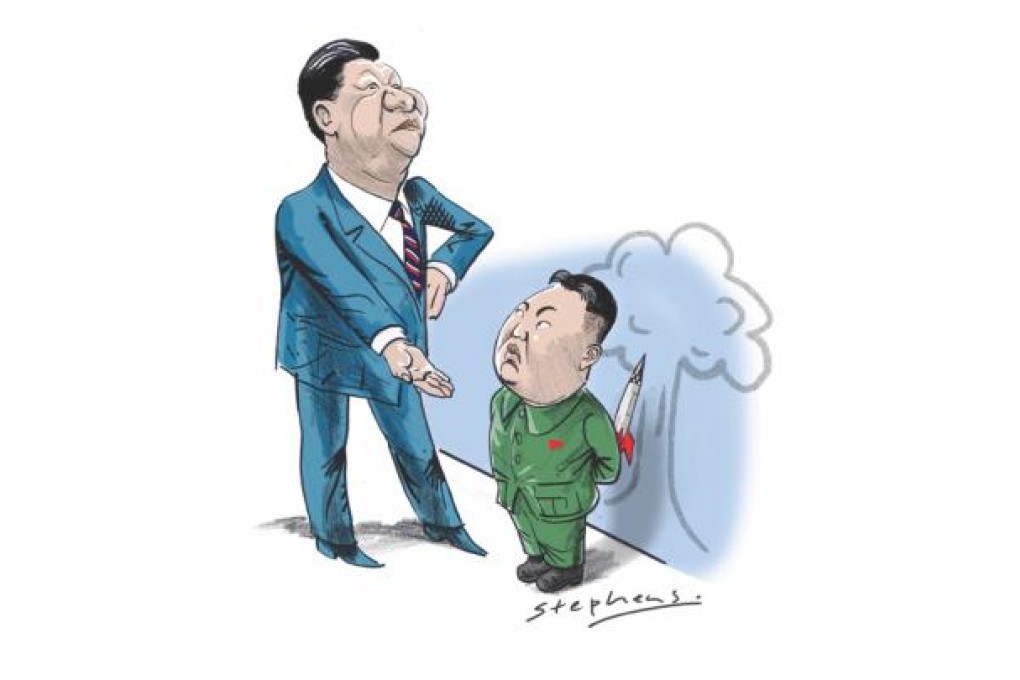North Korea's nuclear test gives Beijing a reason to confront Kim
Trefor Moss says North Korea's third nuclear test will have done the world a favour if it finally convinces China to lead, rather than block, efforts to nullify the serious security threat

Stop whatever you were doing! Kim Jong-un, the Supreme Leader of North Korea, demands your attention. He just set off a nuclear bomb in order to get it. It would be easy to dismiss Kim as Asia's resident megalomaniac - to mock him as a totalitarian goofball who doesn't deserve to be taken seriously. He certainly doesn't look intimidating, chubby and callow as he is, seemingly more into mushrooms than mushroom clouds.
But that would be a mistake: Kim might just be the most dangerous man in Asia.
Last week, he ordered his country's third nuclear weapons test, its first in several years; he is reported to have told the Chinese government that there will soon be more nuclear blasts in an unprecedented acceleration of Pyongyang's testing programme.
This all comes two months after the North successfully test-fired a ballistic missile, the eventual delivery mechanism for Kim's nuclear warheads. North Korea's nuclear weapons are probably not yet operational, but at the current rate of progress they soon will be.
Like his father and grandfather before him, Kim Jong-un is more mafia don than president, his regime more crime syndicate than legitimate government. The main difference is that Kim III is young and untested, and has a lot to prove to the hardliners in his own inner circle - something that makes him all the more dangerous and unpredictable.
Kim isn't making idle threats. He's pointing his nuclear missiles straight at you, whether you're in Seoul, Tokyo or Hong Kong. As ransom, Kim demands your food and your money, and your respect, in return for which he will refrain from vaporising you in a 10-million-degree Celsius fireball - but definitely not give up his nukes, because in a couple of years' time he plans to go through the whole routine again. Not so funny now, is he?
And yet, as perverse as it may seem, Kim's nuclear test may just have done us all a favour. He wanted our attention, and he got it. He forced us to notice, at nuclear gunpoint, the extreme threat that exists right on our doorstep. In doing so, he put the region's other security problems into proper perspective. China and Japan, in particular, have been tying themselves up in knots over the Diaoyu/Senkaku islands, tiny nowhere-places suddenly made to look important by bureaucratic missteps and reckless official grandstanding. Now, thanks to Kim, they have a real security problem to worry about.